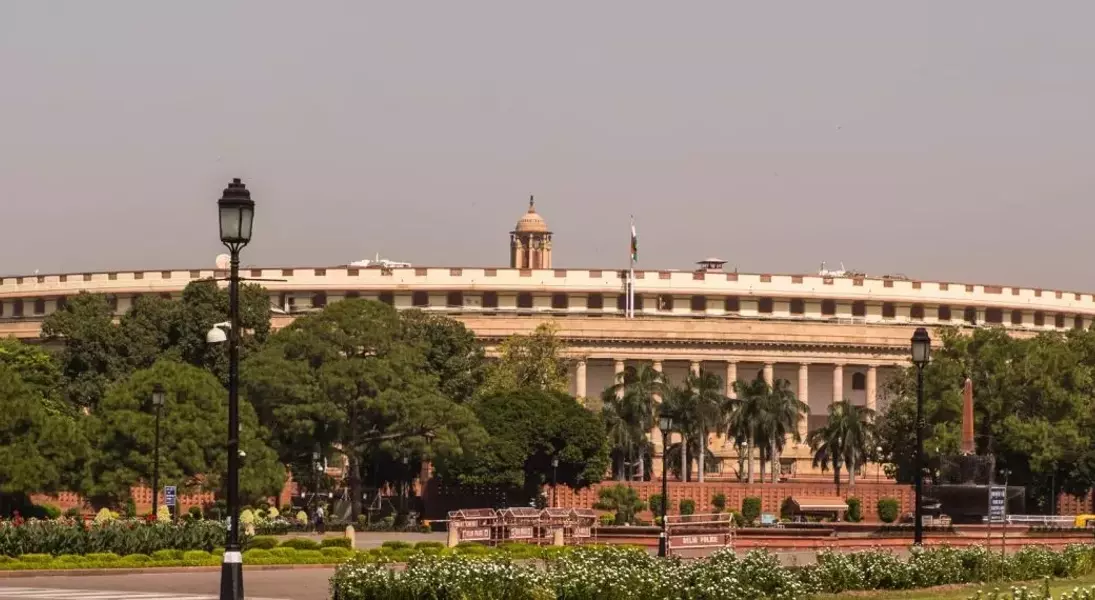
A groundbreaking initiative is set to redefine India’s approach to environmental sustainability. The nation has unveiled a draft framework for its Climate Finance Taxonomy, a comprehensive guide aimed at channeling substantial financial resources into projects aligned with climate goals. This strategic document seeks to ensure that investments flow toward endeavors capable of driving the country toward achieving its ambitious 2070 net-zero target and the interim goal of reducing emissions intensity by 45% by 2030. By meticulously categorizing activities as either climate-supportive or transition-supportive, the taxonomy aims to foster genuine progress rather than superficial compliance.
This innovative framework goes beyond mere target-setting; it envisions unlocking an estimated $2.5 trillion in climate investment over the next five years. Focused on high-impact sectors such as power generation, transportation, construction, and heavy industries like iron and steel, the taxonomy promises to provide clarity and direction to both investors and policymakers. Drawing inspiration from similar initiatives in regions like the EU and UK, India positions itself as a leader in green finance, signaling to the global community its commitment to sustainable development. With public consultation underway until June 25, 2025, this period presents a crucial opportunity for stakeholders to shape the future of climate investment in the Global South.
The world stands at a pivotal moment where meaningful action can significantly alter the trajectory of climate change. India’s proactive stance serves as a beacon of hope, illustrating how nations can harness financial mechanisms to drive environmental stewardship. By embracing transparency and fostering collaboration, countries worldwide can replicate such strategies, ensuring a greener future for generations to come. It underscores the importance of aligning economic growth with ecological preservation, proving that prosperity and sustainability can coexist harmoniously when guided by thoughtful policy frameworks.
